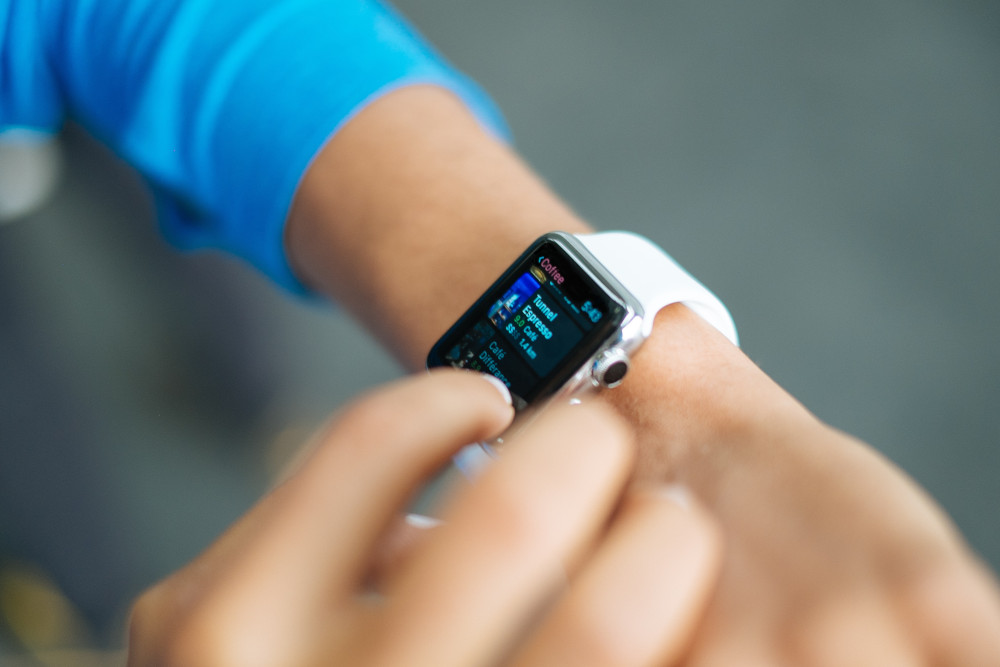Research | BIOASSEMBLER
CES participates in research into sustainable transformation of biosensor manufacturing
© Luke Chesser em Unsplash
The Centre for Social Studies (CES) of the University of Coimbra (UC) is part of the new research project 'BIOASSEMBLER - Integrating bio-inspired assembly in semiconductor manufacturing technology for biosensors', which seeks to promote the integration of Social Sciences and Humanities in the development of innovative technologies in the manufacture of microsensors and the sustainable transformation of this sector.
By integrating this European Union (EU) funded research, CES-UC will lead the social and economic assessment of these technological innovations and the development of innovative strategies for a link between science and society, contributing to the advancement of science policies and to a more informed society.
Microelectromechanical sensors are today essential components in all sectors of life, such as transport, telecommunications and consumer electronics. They are produced by microelectromechanical systems (MEMS) technology on the surface of silicon wafers (thin round discs with a diameter of 15, 20 or 30 cm). This technology is fantastic thanks to its many applications, but it involves a degree of specialisation that is difficult to achieve. MEMS technology requires investment in highly specialised and expensive clean room facilities, which has led to the concentration of the sensor manufacturing business in a small number of large companies in the semiconductor industry, many of which operate in Asia. Furthermore, the expansion of possible applications of the technology in the field of bioactive compound detection (biosensing) is still hampered by the difficulties of assembling bio-specific elements into miniaturised sensor arrays capable of detecting and identifying different substances.
BIOASSEMBLER proposes to change this scenario. It aims to produce a new generation of biosensors manufactured through a biointelligent process, combining silicon and biomolecules. This new technology will enable important applications for MEMS sensors, particularly as biosensors, hitherto unavailable. For example, these tiny diagnostic sensors will be able to measure molecular markers of health and disease in tiny droplets of biological fluids (such as saliva, blood and urine). Furthermore, if these biosensors are able to measure several analytes in parallel (i.e. simultaneously detect multiple substances), a wide range of possibilities opens up, not only in self-monitoring of health, but also in different bioanalytical applications such as professional healthcare, food and agriculture, law enforcement (e.g. drug testing) or environmental monitoring.
CES will take responsibility for coordinating the project’s communication and tasks related to socio-economic analyses of the impacts of the new technology, investigating the suitability of the new technology for circular economy principles, in the analysis of the factors driving the transformation of microsensor manufacturing processes and in understanding the current and future needs for multiplex biosensors. It will also implement participatory and collaborative strategies to promote effective engagement with society.
"In addition to technological innovation, BIOASSEMBLER also innovates in the connection between science and society," points out Rita Campos, CES researcher who is part of the team. "The project foresees the production of information and education materials that combine art and science, and the collaboration between scientists and different social actors to better communicate the research and the results achieved," she adds. "This is a great challenge, which will allow the Portuguese team to better understand the universe of technological innovation in the area of microsensors and the opportunities for sustainable transformation of the sector", Hugo Pinto, another member of the CES team, also mentions, noting the opportunity to establish new forms of dialogue between scientific disciplines, industry, policy makers, users, educators and artistic creators.
The consortium started work in September this year and will have three years to fulfil its main objective: to develop a bio-inspired assembly technology for large-scale production of label-free multiplex silicon-based biosensors on semiconductor fabrication platforms and thus lead to a sustainable transformation of traditional fabrication systems in Europe.


